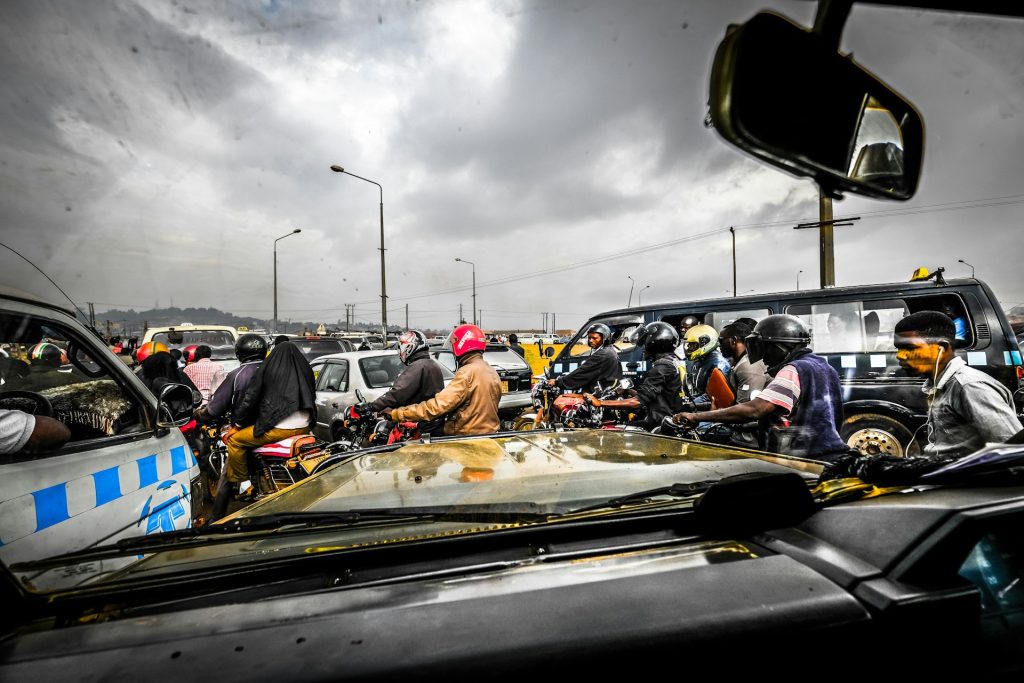
Every few months, Nigerians are told that relief is coming. A new offshore project, a refinery upgrade, a promise that queues will vanish. Yet, the cycle repeats: outages, strikes, imports, and rising costs.
Recent headlines only deepen the paradox.
- The NNPC–TotalEnergies partnership aims to boost offshore production by 200,000 barrels/day over the next three years.
- The Port Harcourt refinery is undergoing repairs, with partial operations promised by December 2025.
On paper, this is good news. But for businesses and households, promises mean little until they translate into fuel availability, price stability, and energy security. Nigeria is standing at an energy crossroads—between potential wealth and recurring scarcity.
The Offshore Promise
Oil remains Nigeria’s biggest foreign exchange earner. An additional 200,000 barrels/day could ease pressure on reserves and strengthen the naira. But offshore barrels don’t directly translate to cheaper petrol. Crude exports earn dollars; refining bottlenecks still force Nigeria to import fuel.
This gap—between crude production and refined availability—is why Nigerians can celebrate higher oil receipts while still queuing for petrol.
The Refinery Question
Port Harcourt’s partial restart by December is encouraging. Yet Nigerians have heard these promises before. Dangote’s refinery outage earlier this month reminded us of a critical truth: one facility cannot carry the weight of a nation’s energy needs.
Refinery capacity must be redundant, diversified, and reliable. Without that, one breakdown or strike throws the entire system into crisis.
Why It Matters for Businesses
For Nigerian SMEs, energy is not abstract—it’s a daily cost driver.
- Transport costs: Fuel shortages raise logistics prices.
- Production costs: Generators swallow margins when grid supply falters.
- Customer costs: Higher petrol prices squeeze disposable income.
If refining and logistics don’t stabilize, businesses will keep paying for inefficiencies with thinner profits and lost customers.
The Playbook: What Businesses Can Do
- Budget for volatility → Don’t assume fuel costs will remain stable. Add a 10–15% buffer to forecasts.
- Diversify energy sources → Solar, inverters, and shared power reduce dependence on petrol.
- Collaborate on logistics → Pool distribution with other SMEs to spread fuel costs.
- Pass costs transparently → Customers tolerate price increases better when they understand the reason.
- Monitor policy signals → Energy reforms or refinery updates can shape your cost curve—plan early.
The Bigger Picture: From Scarcity to Strategy
Nigeria has the barrels, the partnerships, and the projects. But until refining capacity is consistent and logistics disciplined, the cycle of scarcity will continue.
Energy wealth should fund peace, jobs, and growth—not fuel queues and black markets. For now, businesses cannot bet on promises. They must plan for disruption while pushing policymakers for real, lasting stability.
The Hard Line
Nigeria’s energy crossroads is not just about oil—it’s about trust. Trust that barrels will translate into fuel. Trust that refineries will actually restart. Trust that businesses can plan beyond the next quarter.
At Ulysses Blueprints, this is where we step in. We help businesses decode noisy promises, identify the real risks to their operations, and map strategies that keep them moving—whether fuel is scarce or abundant. Because clarity, not crude, is what keeps a business running.
Your business doesn’t need more noise, it needs direction. Grab the creator Blueprint (3-part series, value $1000) for free and start seeing the code behind the growth.
